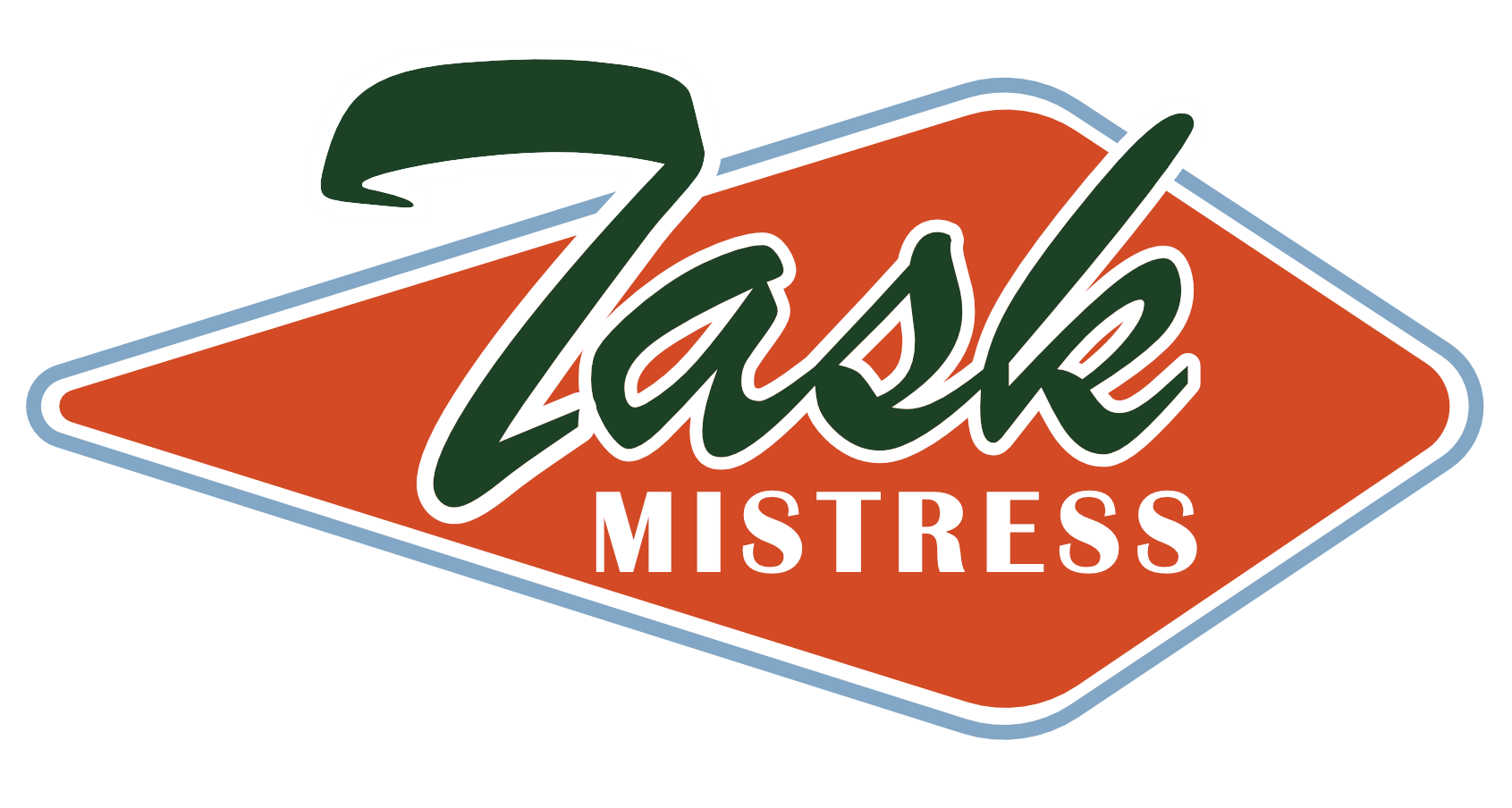“Adulting” is usually a term used to describe anything we hate doing (taxes, the dishes). As adults, we know what we should do and what we must do. We agree that adulting is not fun 90% of the time, but we also agree that it is required.
But a little underappreciated aspect of it is that it is also a comfort zone.
There isn’t much to question about adulting, since it comprises all the things that need to get done, after all. Piling on responsibilities like our jobs, parenthood, and responsible citizenry (can you tell I just fulfilled a jury duty summons?) until they are taller than we are is what adulthood looks like, and while it looks different for every person, we also know it when we see it. 😉 It’s not our fave thing about growing up but it is comfortable and familiar. We make jokes with friends about it and share memes.
Then we look at our goals, our ambitions, our dreams, and think: oh no.
Those are things that require us to get out of our comfort zone and into our discomfort zones. Our fears swamp us: I’m too old, too fat, too introverted, too neurodivergent, too inexperienced, too boring…the list is endless.
Adulting is about not making basic mistakes and oversights, because they can compound and quickly become disasters. Being entrepreneurs means taking risks and leaning into our failures as “learning opportunities.”
These are not exactly compatico, as Poppa used to say.
I run up against this all the time because I am a perfectionist who also suffers from anxiety. Making mistakes was not encouraged or even tolerated in my childhood and as an adult, I recoil from anything that might result in a big ol’ F-.
You would think as an author of fantasy fiction I would be more tolerant of getting things wrong, since creativity itself is infused with potential vs. risk trade-offs. But no. No. I am not.
Most productivity advice focuses on the “adulting” aspect of task management: get done the things you need to get done. That’s great, and I offer that kind of advice to my clients all the time. It’s at the heart of such classics as Eat that Frog and the Eisenhower Matrix.
But it’s useless if the task exists outside of your comfort zone and you are just plain scared to do the thing — to risk making a simple mistake, much less the looming possibility of complete failure. You can put that task on your to-do list every day and yet still, somehow, mysteriously, never get it done.
Time management is great, but sometimes it’s just not enough to save you from yourself!
Instead of berating yourself over and over for not doing something the way you do adulting, consider for a moment stepping back in time, to when you were a child and lived by the rules of “beginner mind:” everything is new, everything is difficult, and every single attempt you make is almost guaranteed to end in failure, at least for a while. We rarely remember learning how to walk or to talk, but both of these activities took years for us to master to the point we don’t think about it much (especially if we had neurological/brain issues making those goals even harder to reach).
If you are familiar with Buddhism, you are probably familiar with this concept of “beginner mind,” but I’m fairly sure you probably have not heard it in reference to productivity. In my opinion, it is as important as adulting, when it comes to starting and running a business… in fact, I think it is critical.
Beginner mind refers to approaching life with a fresh, open perspective, free of preconceptions or biases. This mindset encourages curiosity, humility, and openness to new experiences, fostering personal growth and deeper understanding. Making mistakes is not important because it is assumed you will must make mistakes as you go along. Children fall down a lot when learning how to walk, right?
So, how can you align your productivity with practicing the “beginner mind” mindset?
Oh, the usual: self-awareness, self acceptance, and self determination.
(I know, I know! Why are those the hardest things of all?)
Here is how you do that: Imagine failure, then imagine the day after failure.
No one wants to think too much about failing, and I’m no exception. What I find, though, is that in our procrastination, we build up an immense wall of fear and anxiety based on the act of failing. What do you do? Who do you tell, and who do you apologize to? Who do we reach out for to ask for help? Really think about it. Internalize how you would (will!) do it differently if you do fail. Walk all the way through it.
Beginner mind is not about creating monsters in the dark out of our fear of failure, and waiting for adulting to turn on the lights. It is knowing that tripping over our own feet is part and parcel of learning how to run.
Put the scary things on your list. Keep them there without guilt or shame for however long it takes to do them. Be patient and compassionate to yourself as you move those scary things from the realm of “beginner mind” to “adulting.”
